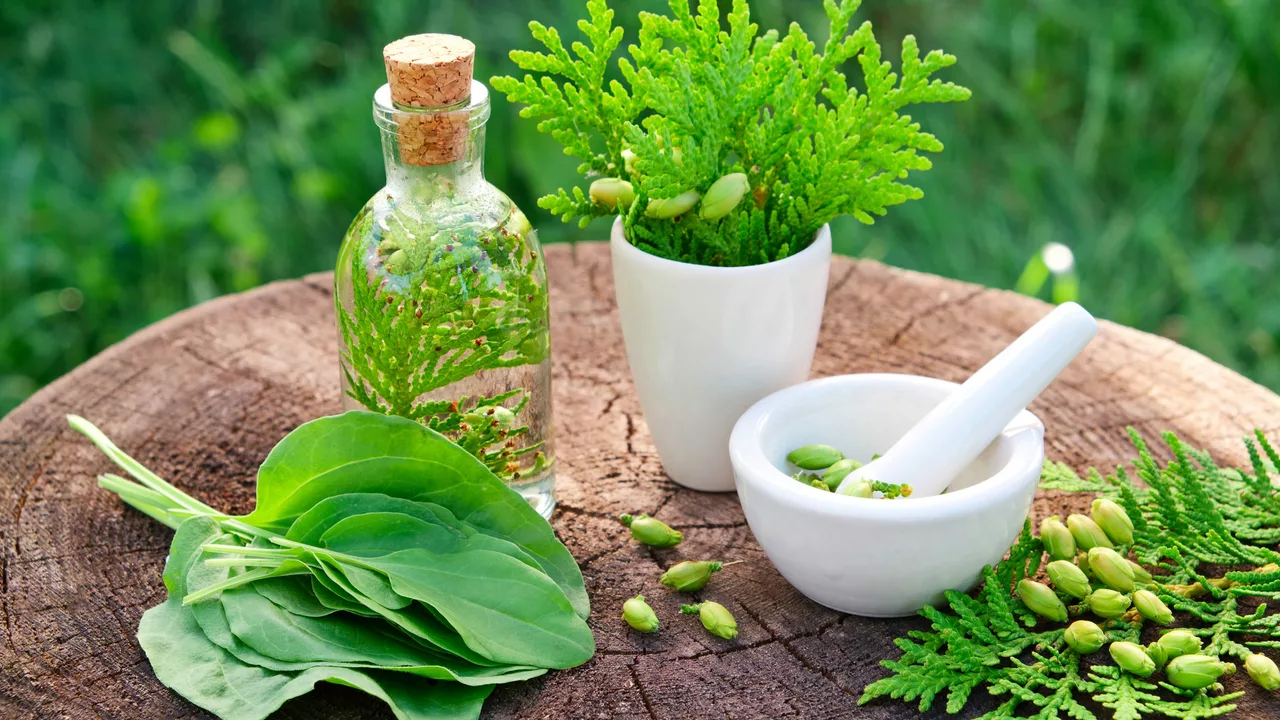Alternative Medicine: Simple, Safe Steps to Pick What Works
Think “natural” equals “safe”? Not always. Alternative medicine covers everything from herbal supplements like goji and sarsaparilla to steroid-sparing drugs and off-label meds. This page helps you sort the useful options from the risky ones, with practical tips you can use today.
How to judge an alternative — fast
Start with evidence. Look for human studies, not just lab or animal work. If a product claims to cure many unrelated conditions, treat that as a red flag. Check the size of the study and who paid for it. Small studies or industry-funded reports can mislead.
Talk to a clinician before trying anything new. That’s especially true if you take prescription meds. Supplements can interact with common drugs — for example, some herbs affect blood thinners or antidepressants. A quick check with your pharmacist or GP can stop a bad mix-up.
Pick brands that use third-party testing. Labels should show batch numbers, ingredient amounts, and clear dosing. If a label is vague — “proprietary blend” with no amounts — skip it. Look for seals from labs like USP, NSF, or ConsumerLab when possible.
Practical alternatives worth knowing
For inflammatory skin problems, topical calcineurin inhibitors and PDE4 blockers offer steroid-sparing relief. They cut down on long-term steroid side effects while calming inflammation. If steroids aren’t working or you worry about thinning skin, ask a dermatologist about these options.
When prednisone’s side effects are a deal-breaker, there are real medical alternatives. Lower-dose budesonide, methotrexate, and newer biologic drugs can control autoimmune conditions with different risk profiles. Those are prescription options — not herbs — and they need medical supervision.
Herbal supplements like hawthorn, agrimony, goji, and sarsaparilla show some promise for heart support, general wellness, or joint comfort. Still, most supplement evidence is modest. Use them as add-ons, not replacements for prescribed treatment, and watch for side effects.
Buying online? Use reputable pharmacies and check registration. Avoid sites that sell prescription drugs without asking for a valid prescription. If you consider importing meds, learn the local rules first — customs and FDA policies can be strict.
Track results and side effects. Keep a short journal: start date, dose, any changes in symptoms, and any new problems. That record makes follow-ups with your clinician more useful and keeps you safer.
Bottom line: alternative medicine can help, but smart choices matter. Use evidence, check quality, talk to professionals, and don’t replace needed prescriptions without medical advice. If you want, browse articles on steroid alternatives, herbal supplements, and safe online pharmacies to learn specifics and real-world tips.





